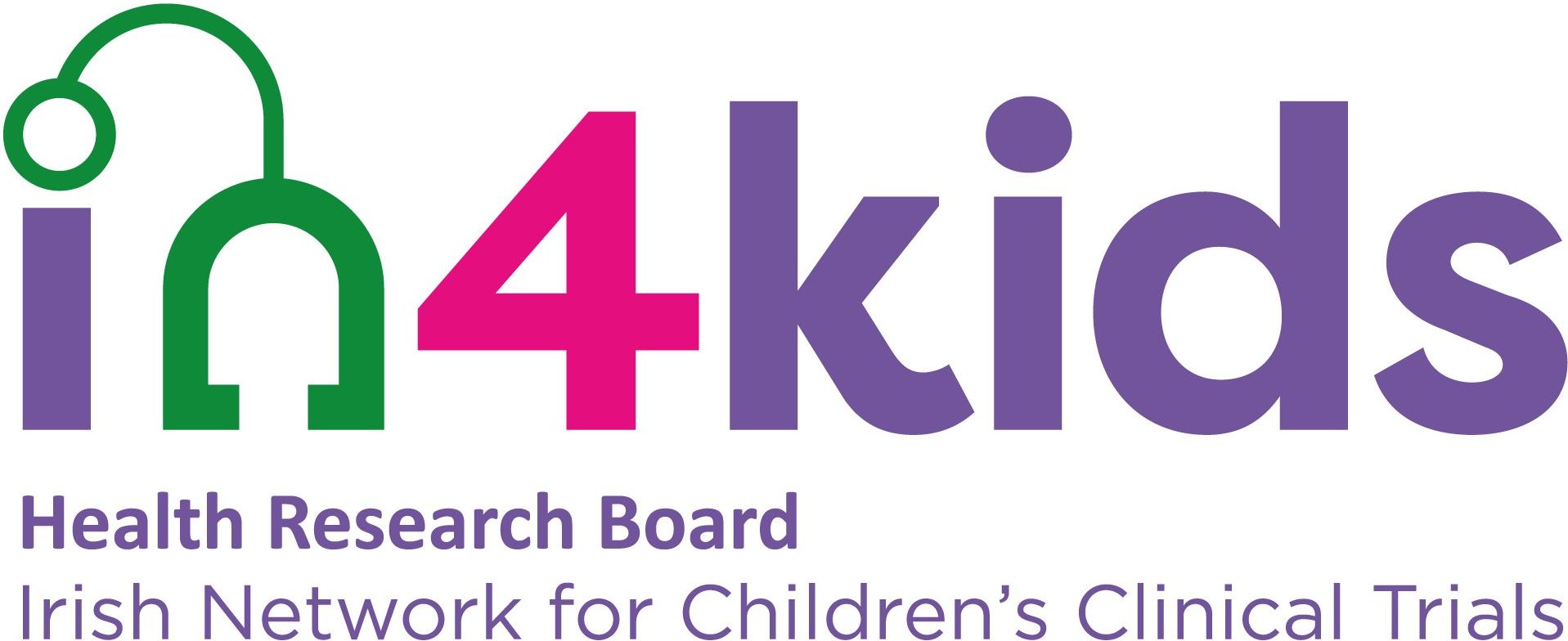Not sure what PPI is? Read our FAQs below
_____
What is PPI?
Public Patient Involvement (PPI) is when people, like patients, families, and others who have used healthcare services, get involved in research.
Instead of research being done just to them or about them, PPI means they actively take part in planning and doing the research. They also help share the research findings with the public, so everyone can learn from it. PPI gives everyday people a voice in research and makes sure their lived experiences and opinions are included from beginning to end.
Why does it matter?
Researchers and healthcare providers have a lot of knowledge about various health conditions and their treatments. However, they may not have personally experienced these conditions themselves. That’s where your experiences and perspectives become incredibly valuable. By sharing what it’s like to live with illness, you help fill the gaps in our understanding and provide insights that researchers and healthcare providers may not have.
Your involvement is essential because it helps us focus on what truly matters to people. It ensures that the research we conduct is relevant to real-life issues and addresses the interests and concerns of those who use health and care services. With your valuable input, our projects can generate better evidence that leads to improvements in services and the way people are taken care of. Your contribution makes a significant difference in shaping healthcare practices for the better.
How to get involved?
We will be setting up a Parents Advisory Group (PAG) and a Young Persons Advisory Group (YPAG). Please get in touch if you are interested in joining us!
What is Parents Advisory Group (PAG)
The purpose of a PAG is to provide a voice to parents based on the current knowledge and experience they have gained as carers and service users. Parents can provide a valuable contribution to the quality and relevance of research making sure their lived experiences and opinions are included in specific relatable areas. Parental input is not limited to what research is being carried out but provides advice on every aspect of the research process from first thoughts to the final dissemination of results and beyond
What will I have to do?
Join our regular meetings to share your thoughts and ideas on research. You can:
- Choose important topics with others who understand your health condition.
- Give input on research methods, in groups or one-on-one.
- Share feedback on questionnaires and info leaflets.
- Help us recruit patients.
- Join an advisory group for a project.
- Promote research at fun events.
- Be the first to hear exciting findings!
Your involvement matters, shaping research and improving healthcare services.
